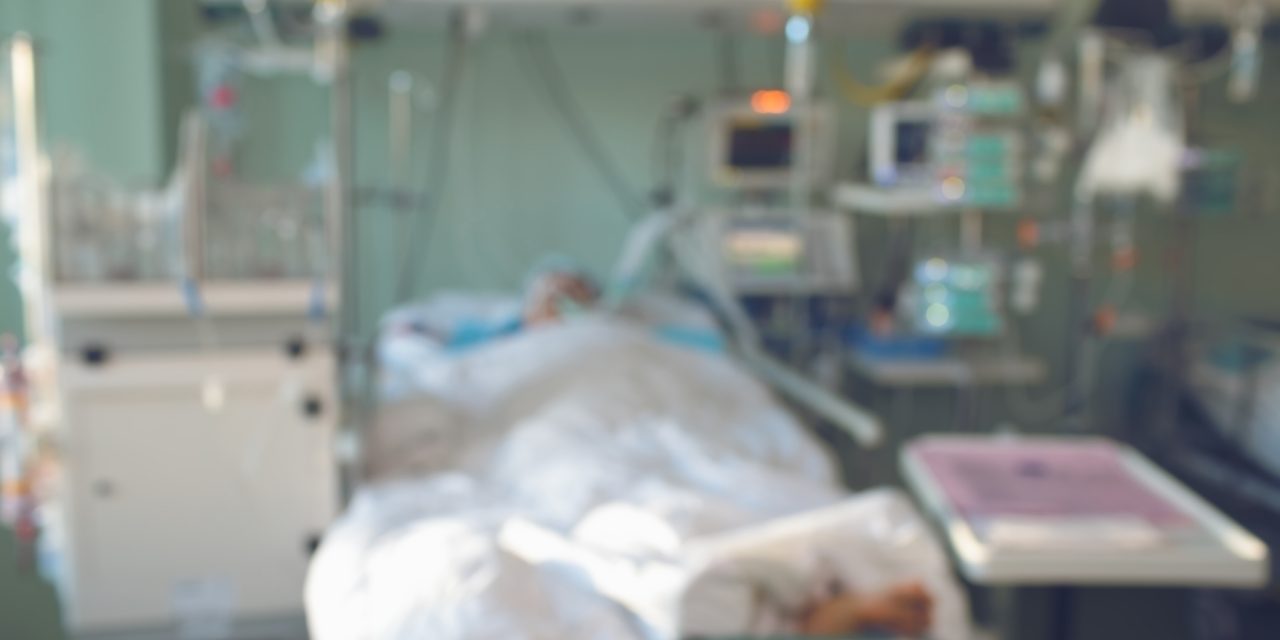Working in the ICU during the first COVID-19 wave was associated with high levels of mental health disorders.
What are the mental health symptoms in health-care providers (HCPs) facing the second wave?
A cross-sectional study (October 30-December 1, 2020) was conducted in 16 ICUs during the second wave in France. HCPs completed the Hospital Anxiety and Depression Scale, the Impact of Event Scale-Revised (for post-traumatic stress disorder), and the Maslach Burnout Inventory.
Of 1,203 HCPs, 845 responded (70%) (66% nursing staff, 32% medical staff, 2% other professionals); 487 (57.6%) had treated more than 10 new patients with COVID-19 in the previous week. Insomnia affected 320 (37.9%), and 7.7% were taking a psychotropic drug daily. Symptoms of anxiety, depression, post-traumatic stress disorder, and burnout were reported in 60.0% (95% CI, 56.6%-63.3%), 36.1% (95% CI, 32.9%-39.5%), 28.4% (95% CI, 25.4%-31.6%), and 45.1% (95% CI, 41.7%-48.5%) of respondents, respectively. Independent predictors of such symptoms included respondent characteristics (sex, profession, experience, personality traits), work organization (ability to rest and to care for family), and self-perceptions (fear of becoming infected or of infecting family and friends, feeling pressure related to the surge, intention to leave the ICU, lassitude, working conditions, feeling they had a high-risk profession, and “missing the clapping”). The number of patients with COVID-19 treated in the first wave or over the last week was not associated with symptoms of mental health disorders.
The prevalence of symptoms of mental health disorders is high in ICU HCPs managing the second COVID-19 surge. The highest tiers of hospital management urgently need to provide psychological support, peer-support groups, and a communication structure that ensure the well-being of HCPs.
Copyright © 2021. Published by Elsevier Inc.
Symptoms of Mental Health Disorders in Critical Care Physicians Facing the Second COVID-19 Wave: A Cross-Sectional Study.


